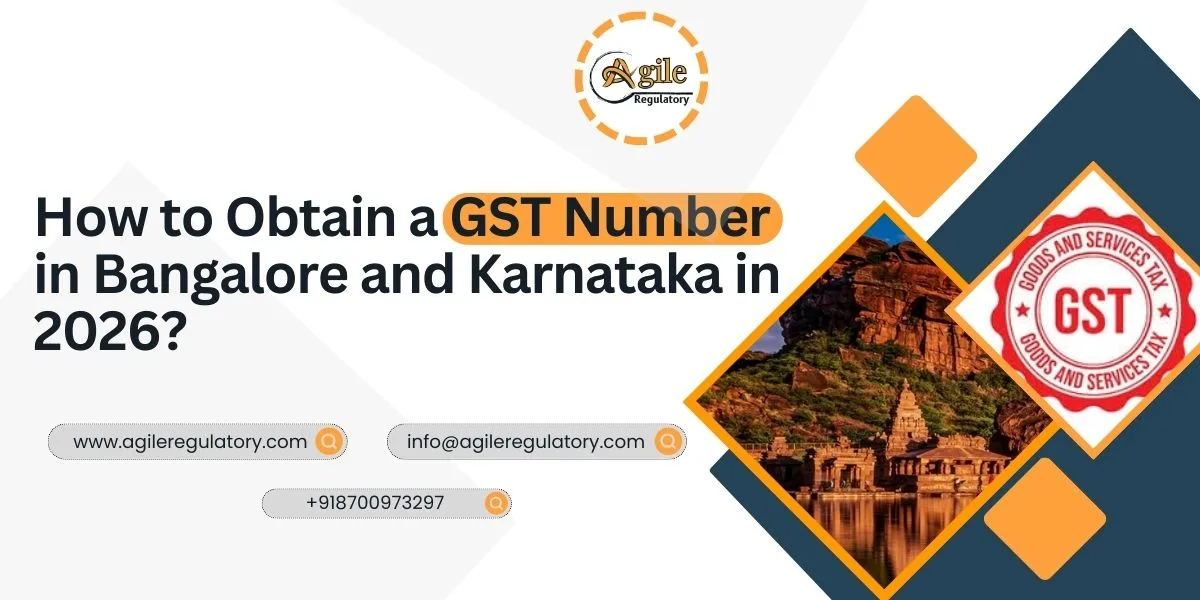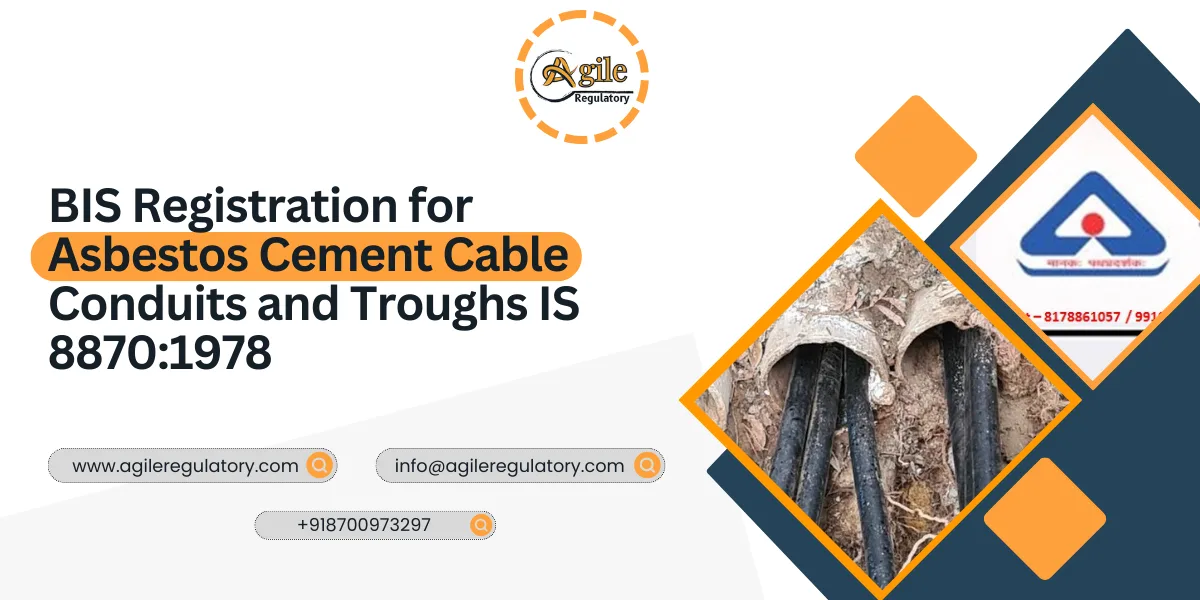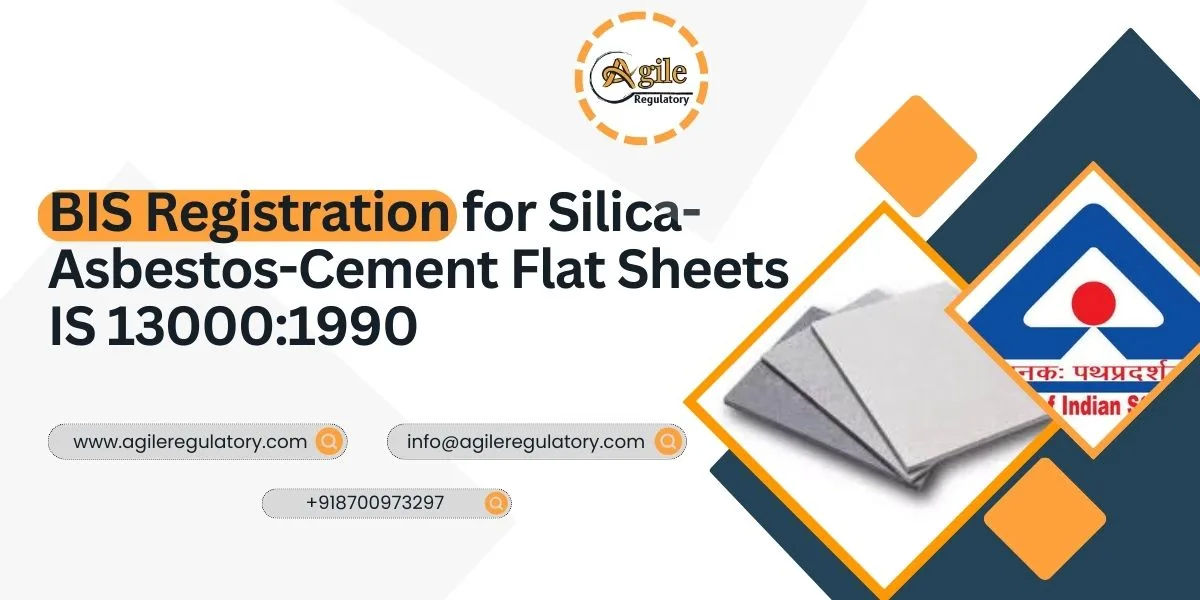
Get Instant Solution By an Expert Advisor
(4.8)


In India, the Private Security Agencies Regulation Act is known as PSARA. The Department of PSARA is the major regulating authority for private security firms in India. In India with its diverse security needs, the presence of private security agencies is essential and demands of security guards are increasing Day by Day.
A PSARA Certificate is the most compulsory requirement for security companies, as having a license ensures that the security agencies operate within the boundaries of the law of the Private Security Agencies Regulation Act while providing their services. In this comprehensive guide, we will explain the complete details of the Private Security Agencies Regulation Act license, their significance, and the process involved, including the fee, timeline, documents, benefits, validity, and expiry of the license.
To understand the importance of the PSARA License, it is important to recognize the significance of private security agencies in India. Private security agencies nowadays play a major role in safeguarding people, property, and businesses across the nation.
They are capable of providing services such as guarding, surveillance, event security, and more. However, the unregulated growth of this industry could lead to potential security risks and exploitation. PSARA license is a regulatory measure that ensures:
Accountability: A security agency whose license had been issued by Private Security Agencies Regulation Act is accountable for the services they are providing, and they can be held liable for any lapses or misconduct.
Quality Assurance: A PSARA Act sets minimum standards for security agencies for training, background checks, and equipment, ensuring that security guards are well-prepared and qualified for their perspective roles.
Protection of Rights: Private Security Agencies Regulation Act regulations protect the rights of both security personnel and clients, preventing exploitation and ensuring fair employment practices.
Obtaining a license involves meeting specific eligibility criteria. To qualify for a Private Security Agencies Regulation Act license, an applicant must:
The process of obtaining a license is systematic and involves several steps:
Step 1: Preparing Documents Gather all the necessary documents, including the application form, affidavits, background verification reports, and financial statements.
Step 2: Application Submission: Submit the application along with the required fee to the designated authority in your state or union territory. Each state may have its own designated authority for Private Security Agencies Regulation Act licensing.
Step 3: Verification and Inspection: The designated authority will verify the documents and conduct an inspection of your agency's premises.
Step 4: Background Checks: Background checks of the agency's directors and employees are a crucial part of the process.
Step 5: Licensing Fee: An applicant needs to pay the applicable licensing fee as mentioned below.
Step 5: Granting the License: Once the authorities are satisfied with your agency's compliance with all the requirements, they will grant you a license.
Following the rules and regulations outlined in the Act is required after receiving a PSARA license. The license may be cancelled for failure to adhere to these rules. Among the principal compliance criteria are:
Uniforms and Identification: Security personnel must wear uniforms and carry identification badges while on duty.
Training: Security personnel should receive adequate training, including physical fitness, communication skills, and conflict resolution.
Record Keeping: Maintain records of all security personnel, their training, and any incidents that occur while on duty.
Reporting Incidents: Report any security-related incidents, accidents, or criminal activities to the appropriate authorities promptly.
Renewal of License: Private Security Agencies Regulation Act licenses are typically valid for five years. Ensure that you apply for license renewal well in advance of the expiration date to avoid disruptions in your agency's operations.
A total of 60 days from the date the application was filed are required to complete the licensing process under the PSARA. A license application may be submitted for a district, five districts, or a state.
Normally, a Private Security Agencies Regulation Act license is valid for five years from the certificate's issuance. In some states, like Chhattisgarh and Uttarakhand, the license will only be valid for a year. We need to submit a renewal application before 90 days of the expiration date of the previously issued license.
Obtaining a license offers numerous benefits to private security agencies, including:
Legal Recognition: A PSARA license provides legal recognition and credibility to your agency, making it easier to attract clients and business opportunities.
Competitive Edge: Licensed agencies are often preferred by clients as they adhere to quality standards and comply with regulations, offering a competitive advantage in the market.
Trust and Reliability: Clients trust licensed agencies more as they have undergone background checks and meet prescribed standards, ensuring reliability and professionalism.
Liability Protection: A license provides a level of legal protection to the agency, reducing the risk of legal issues related to the services provided.
While the PSARA License is essential for private security agencies, there are challenges in the process, including:
Stringent Requirements: Meeting all the eligibility criteria and compliance standards can be a complex and expensive process for new agencies.
Processing Times: The Private Security Agencies Regulation Act registration application process can be time-consuming, leading to delays in starting or expanding your security agency's operations.
Varying State Regulations: Each state in India may have its own set of regulations and fees for licensing, making it challenging for agencies operating across multiple states.
Background Verification: Ensuring that all personnel have clean backgrounds can be challenging, especially for larger agencies with numerous employees.
In India, a company needs a PSARA License in order to run a security agency business. The Private Security Agencies Regulation Act Department is in charge of completely regulating the private security agencies in India. Private security companies can apply for a PSARA license online in a quick and easy manner, giving them the operating permission they need. Aspiring private security organizations can easily handle the online application procedure by following the above step-by-step guide.
PSARA License Consultant in UP

 Vanshika Mathur
Vanshika Mathur
27 Feb, 2026

 Divya Saxena
Divya Saxena
27 Feb, 2026

 Nishi Chawla
Nishi Chawla
27 Feb, 2026

 Nishi Chawla
Nishi Chawla
27 Feb, 2026

 Vanshika Mathur
Vanshika Mathur
26 Feb, 2026

Get Instant Solution By an Expert Advisor
(4.8)
We simplify compliance through a proven 4-step process: Consultation, Documentation, Submission, and certification. From understanding requirements to getting final approvals, we deliver a smooth, timely, and fully compliant journey for your business.
What our customer says about us
Fantastic support from the team. Their expertise transformed our approach, driving remarkable outcomes. A must-have partner for businesses seeking effective consulting solutions. Highly recommended.

KTPL Instruments
Agile Regualtory delivers exceptional solutions. Their insightful guidance streamlined our processes and boosted profitability. Highly recommended for businesses seeking expert consulting services to thrive.

Justrack IOT
Impressed by Agile Regulatory's expertise. Their strategic insights and practical solutions have elevated our business operations. A reliable partner for effective consulting services. Highly recommended for growth-focused businesses.

Coaire Compressor
Extraordinary consulting services. Their insightful solutions and dedicated team reshaped our business, driving remarkable improvements. Highly recommend it for transformative results.

Easy Polymer
Incredible experience with Agile Regulatory. Their innovative strategies and expert advice revitalized our business model, resulting in impressive growth. Highly recommend their exceptional consulting services.

Tarus International
Top-tier consulting! offered strategic solutions that revolutionized our approach. Their deep expertise and personalized guidance made a significant impact on our success. Highly recommend their services.

Anchor Weighing
Agile Regulatory exceeded expectations! Their tailored solutions, expertise, and proactive approach led to remarkable results. Highly recommend for businesses seeking impactful and strategic guidance.

AM Capacitor
Outstanding service! delivered targeted solutions with professionalism and expertise. Their insights elevated our business strategies, resulting in noticeable growth. Highly recommended for exceptional consultation.

Imaxx Pro Aquistic
Leave a Reply
Your email address will not be published. Required fields are marked *